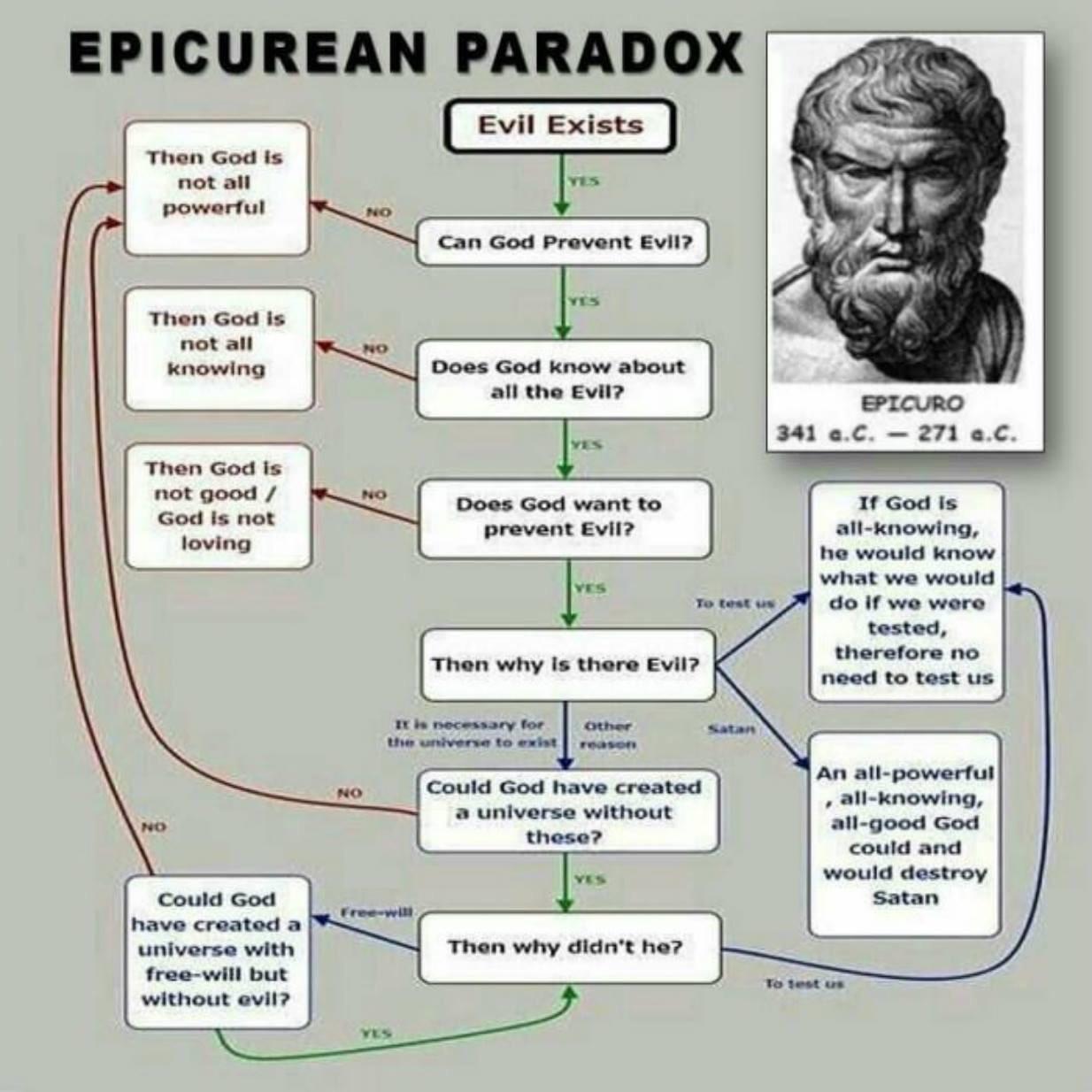Put like that, it’s of course not a conclusion which feels right. Which is interesting and which I would explain by the “greater goods” which are relevant in such considerations.
In your example, the greater good is an autonomy about one’s own body and what happens to it in presence of other people. An issue which we’ve developed understanding and respect for one’s individual will.
In the context of natalism however, there are different goods at play depending on how you look at them:
Antinatalism: “creating new humans is wrong, because they have guaranteed suffering. Allowing that will cause unneccessary suffering.”
Pronatalism: “Creating new humans is okay, because their life can be joyful (and/or brings me joy). Denying that robs the possible being from this experience.” (Depending on who you ask, it might not even be necessary to be joyful, as the experience of life is already seen as valuable by itself.)
In other words: Antinatalism’s greater good: preventing suffering. Pronatalisms greater good: allowing joy and the experience of life.
But again, asking for consent here is pointless, as I’ve detailed before. If you want to have sex with someone who is unconcious, they are able to form on opinion about that before the incident, possibly during the incident and directly after the incident. In other words, they have agency about this. With unborns it is different: they don’t exist and have no agency prior or during the incident of being born. They develop this ability during their childhood. Then you can ask. Without such a capacity I don’t see any value in moral evaluations. Because to me, this is currently almost similar to asking a stone whether it wants to exist in this universe.











Which is an important practial limiation of course. But I’m currently discussing this on the level of the underlying ethical principle, less on the level of practical implications, because the latter could possibly be changed by forming an appropriate mindset in our society.
Sure, but would it be equally okay to deny someone their shot at joy? Even without (much) joy, some might see the suffering as part of their journey, a part of the experience of life which they could still prefer to not being born at all. We never know until we can ask and expect an answer to that question.
And it’s totally okay for me if these are your reasons for not having children. I agree with a multitude of reasons why someone want’s to be childless. So I hope you don’t get me wrong here. I don’t give a fuck whether someone wants or doesn’t want children. It’s their life and their decision regardless of their reasons. I just find the topic of natalism interesting from a philosophical point of view.